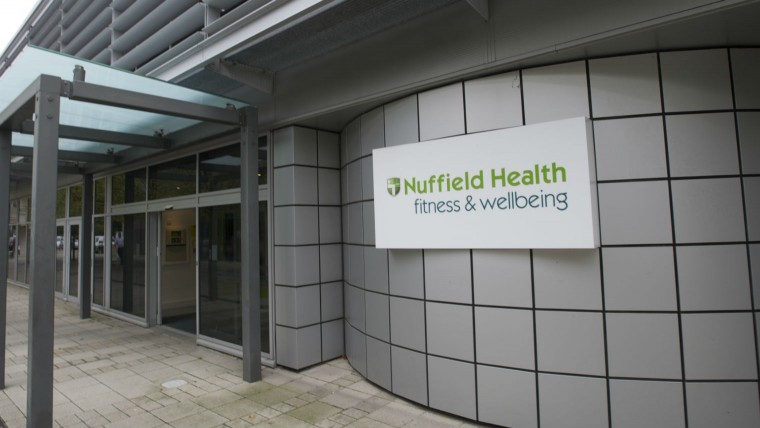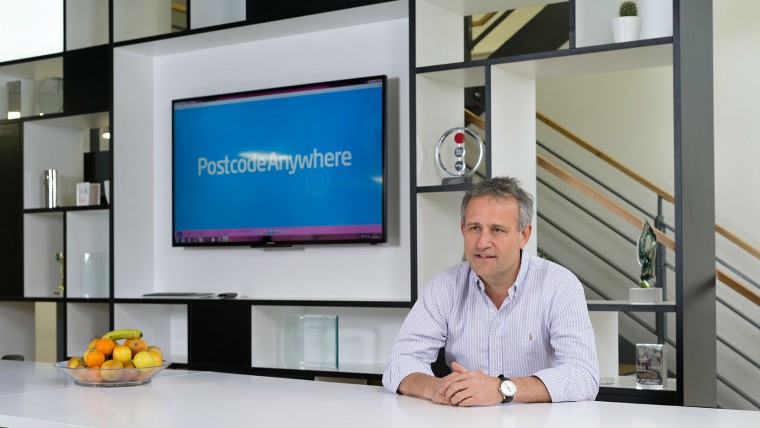More than half of UK workers think their corporate culture does not support their physical wellbeing.
This is the stark finding of a 2014 joint study by the British Council for Offices, workplace wellbeing specialist Morgan Lovell and analytics software providers HATCH, aimed at capturing the state of wellbeing in the UK offices.
Additional research, commissioned by financial protection specialist Unum, in May last year found that employees who feel cared for are 27 per cent more likely to stay with their current employer for more than five years, compared with employees who feel only adequately or poorly looked after. A third of employees would consider leaving their job if they didn’t feel cared for.
So organisations are under increasing pressure to develop a health strategy for their employees, both in order to save money and also to attract and retain talent. But what does this mean? Building a gym in the basement? Offering them a nutrition bar at breakfast?
An October 2014 Department for Business Innovation & Skills report entitled Does Worker Wellbeing Affect Workplace Performance? says factors such as co-workers, HR practices, workplace environment, job demands, control, role clarity, security, pay and equity are all “subjective wellbeing” markers.
Adam Sidbury, director of cloud employee incentive software Digital Fibre, notes: “Exit surveys conducted when employees leave show that lack of recognition is one of the main reasons people quit a company. No matter how old or how far up the career ladder we get, everyone likes to hear the occasional well done or thank you.
“Rewarding staff for good work, milestones and achievements through a structured employee incentive scheme can bring company values to life, help businesses attract the best candidates and retain top talent.”
Mr Sidbury adds: “Incentives to promote healthy lifestyles have long been big in the United States and we are now starting to see this emerge as a UK trend, significantly aided by emerging wearable technologies and apps that can accurately measure and report on physical activities.
“To boost the health and wellbeing of your company, perks such as fresh fruit delivered each week and rewards such as spa vouchers and gym day passes are well worth considering. We increasingly see companies aligning the rewards provided as part of their recognition programme with the behaviours they wish to encourage. Examples include exercise bikes and equipment, tennis racquets, bicycles, personal trainers and full fitness retreats.”
HEALTH CHECKS
As one of the leading providers of workplace wellbeing solutions in the UK, you’d expect Nuffield Health understand the important role employers play in ensuring the good health of their staff. It provides services to more than 60 per cent of FTSE 100 companies, providing everything from health checks to ageing workforce programmes and on-site medical staff.
Incentives to promote healthy lifestyles have long been big in the United States and we are now starting to see this emerge as a UK trend
It stands to reason that Nuffield Health’s Surrey head office is a wellbeing beacon, with a purpose-built space, which includes focus, collaboration and contemplation zones. Desks are arranged around the perimeter of the floor to take advantage of natural light and popular areas – the gym and café – are situated on the third and ground floors to increase movement. The subsidised wellbeing café has a full-time chef and employees are encouraged to use the gym flexibly throughout the day.
There are also consultation rooms with GPs and physiotherapists on hand. All employees are entitled to a free health check measuring key body metrics, such as cholesterol, aerobic fitness, blood pressure and sugar levels, and these results then inform a bespoke plan to help staff achieve their lifestyle and fitness goals.

Nuffield Health’s head office is designed with employee wellbeing in mind
Leanne Rigby runs Feel Good employee wellbeing programmes and has just launched a Fit For Business, Sharpen Your Edge wellbeing programme, which applies a preventative approach to employee health and wellbeing. As well as one-off office massage and reflexology visits, the company offers workshops on building resilience, nutrition, posture and mindfulness.
“We provide educational workshops that are fun and interactive, and challenge people’s thinking about how they can be their best by implementing new strategies to support them to make positive changes that will impact their health and productivity,” she says.
Among all this is the importance of incentivising staff to use wellbeing resources on offer. Virgin Pulse, Virgin’s employee wellbeing arm, offers consumer-focused solutions to drive healthy behavioural change, tracking them using its electronic vHub and powering them with its own Daily Engagement Platform. Last year Virgin Pulse announced it would integrate with Apple’s HealthKit platform to allow data, such as step counts, to be sent to Apple’s Health app to give employees a complete health picture.
Quite aside from the general assumption that caring about worker wellbeing is the “right thing to do”, there is a very strong business case. London’s Business Case for Employee Health and Wellbeing Report found in 2012 that an average London firm of 250 employees loses around £4,800 a week, some £250,000 a year, due to sickness absence. Can you really afford to ignore staff wellbeing?
CASE STUDY
ENERGISED FOR WORK

Guy Mucklow, chief executive of software firm Postcode Anywhere, is a big believer in creating an environment that will encourage staff to perform at their best. “We don’t force people to exercise, but we do provide lots of incentives to do so,” he says. These include subsidised membership of a gym and a cycle-to-work scheme, lunchtime exercise classes, as well as showers and lockers.
The business provides free fruit and breakfast for employees every day and lunch on a Friday, ensuring they have access to a healthy diet and the chance to mingle with other staff in a more social setting. The company also encourages staff to get involved in teambuilding and charity events.
Mr Mucklow takes advantage of the company’s location, between a river and two canals, to store four kayaks in a shed behind the office, which staff can take out on the water at lunchtimes and after work. He recently bought a company narrowboat, which staff can use to take holidays or short breaks. He says: “It’s all too easy to stay slumped in your chair during the lunch break, but those who do exercise come back to their desk feeling rejuvenated and ready to crack on with their work.”
The company’s average rate of absenteeism is one-and-a-half days per employee a year compared with the national rate of 4.4 days.
